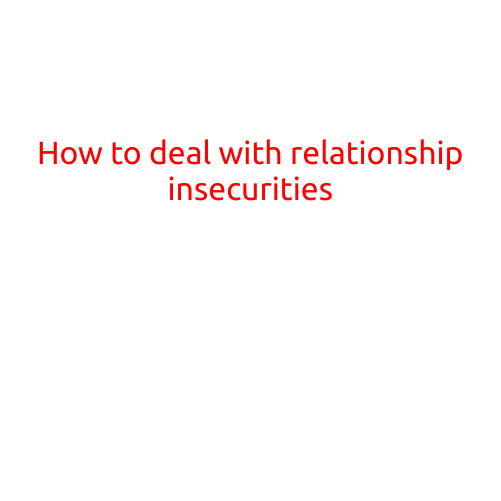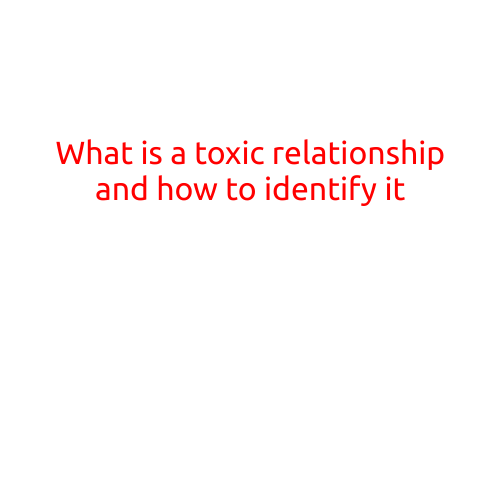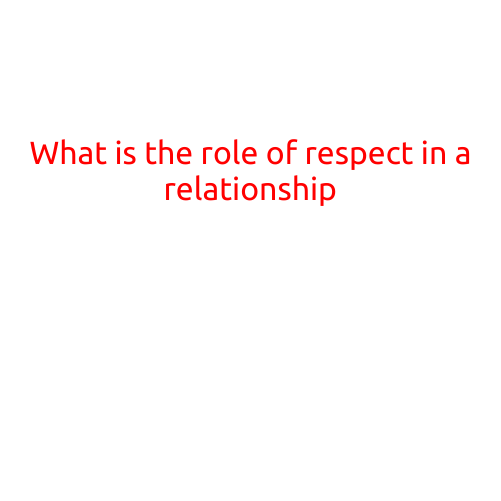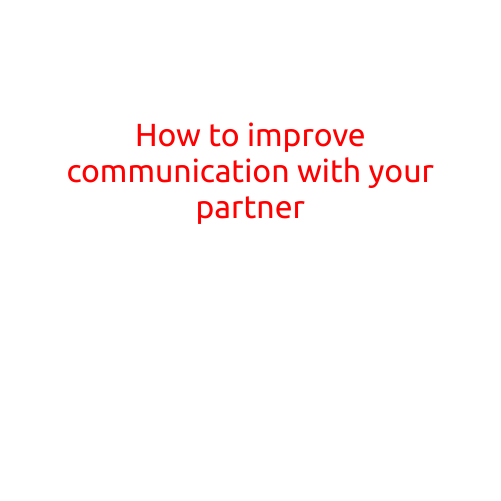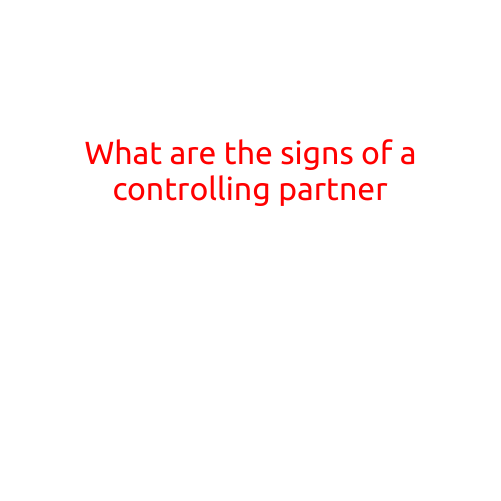
What are the Signs of a Controlling Partner?
In any romantic relationship, there is always a natural balance of power and control. However, when one partner becomes overly controlling, it can lead to feelings of suffocation, resentment, and even emotional abuse. Recognizing the signs of a controlling partner is crucial to preventing the erosion of your personal autonomy and promoting a healthy, equal partnership.
Signs of a Controlling Partner:
- Limiting Your Freedom: A controlling partner may restrict your movements, friendships, or activities. They may try to monitor your schedule, phone, or social media, or demand to know where you are at all times.
- Criticism and Blame: Contrary to their intentions, a controlling partner often criticizes and blames you for their own feelings and actions. They may use guilt, anger, or shaming tactics to control you.
- Emotional Blackmail: A controlling partner may use emotional manipulation to get what they want. They may threaten to leave you, withhold affection, or punish you with silence if you don’t comply with their demands.
- Minimizing Your Feelings: They may dismiss your emotions, needs, or concerns, making you feel unheard, insignificant, or crazy.
- Guilt Trips: A controlling partner may use guilt to control your behavior. They may say things like, “If you really loved me, you’d do this for me” or “I’m sacrificing so much for us, you should too.”
- Monitoring Your Spending: They may meticulously track your expenses, limit your access to money, or demand a joint bank account.
- Disregarding Boundaries: A controlling partner may disregard your boundaries, pushing for physical intimacy, personal space, or access to your personal information when you’re uncomfortable.
- Dismissing Your Autonomy: They may view your independence and autonomy as a threat, trying to control your decisions, choices, or actions.
- Playing the Victim: A controlling partner may constantly complain about how they’re being mistreated or taken advantage of, deflecting attention from their own controlling behavior.
- Lack of Respect: A controlling partner may consistently belittle, demean, or disrespect you, your thoughts, and your feelings.
How to Deal with a Controlling Partner:
- Set Clear Boundaries: Communicate your limits and expectations clearly and assertively.
- Seek Support: Reach out to trusted friends, family, or a therapist for emotional support and guidance.
- Maintain Your Independence: Prioritize your own interests, hobbies, and friendships to maintain your sense of self.
- Document Incidents: Keep a record of incidents, including dates, times, and details, to track patterns of controlling behavior.
- Considers Counseling: Couple’s therapy may help you address the issue and work towards a more balanced and respectful relationship.
- Evaluate the Relationship: Take time to reflect on the relationship and consider whether it’s healthy and fulfilling for you.
Remember, you deserve to be in a relationship where you feel respected, heard, and valued. If you’re experiencing any of these signs of a controlling partner, it’s essential to take proactive steps towards reclaiming your autonomy and promoting a healthier, more balanced partnership.

